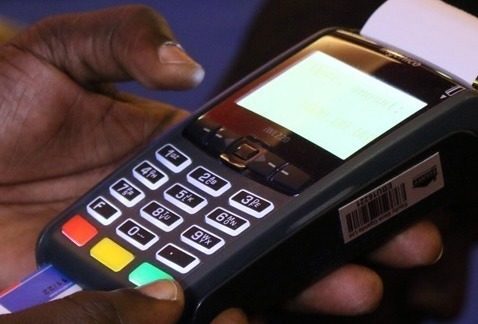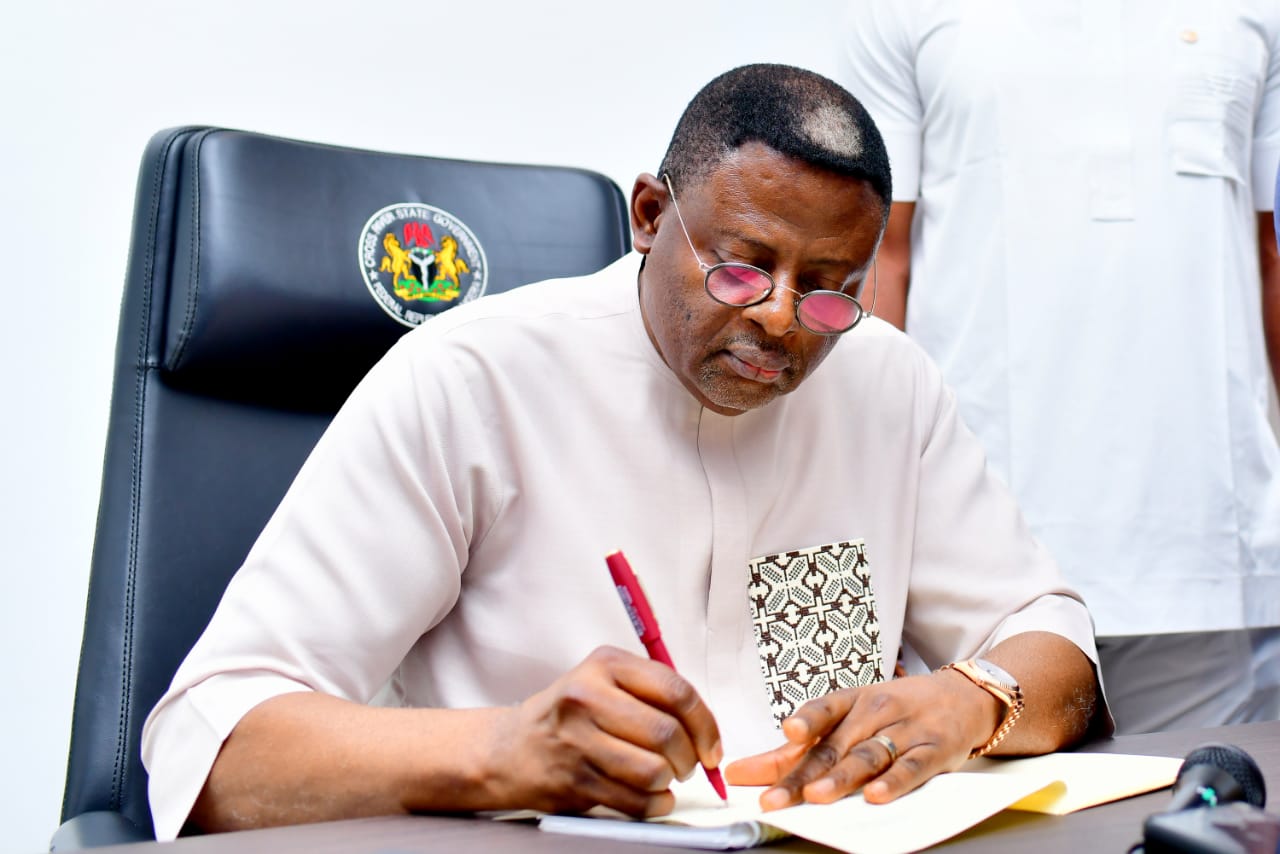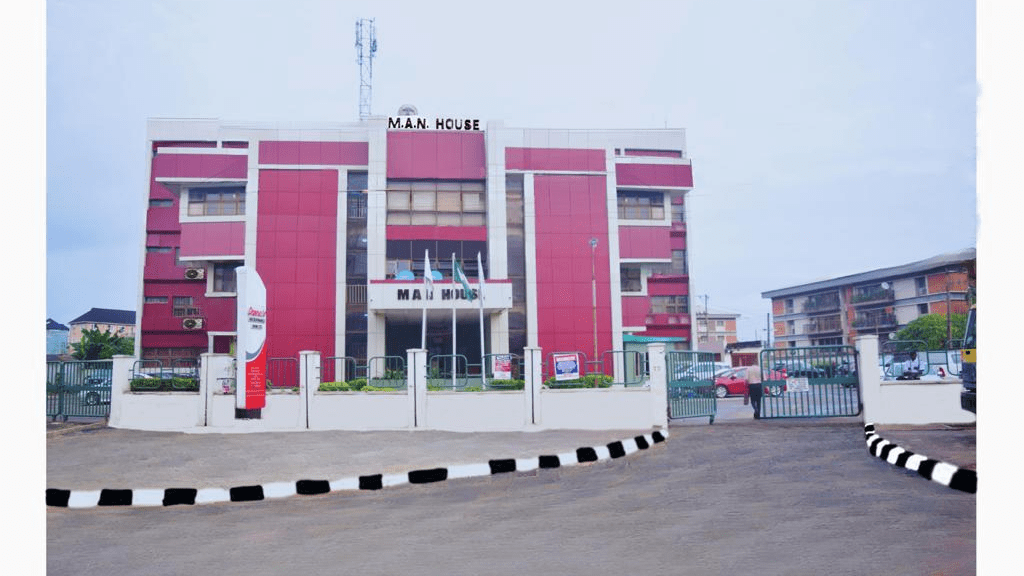By Nasir Dambatta
Governor Uba Sani has in recent days stamped his mark as one of Nigeria’s most forward-looking leaders on security. On Thursday, August 14, 2025, Kaduna hosted the historic Northwest Summit on Countering Violent Extremism, drawing security chiefs, development partners and community leaders to craft strategies against terrorism. Barely six days later, on Wednesday, August 20, 2025, Kaduna again took centre stage when the state government signed a groundbreaking Memorandum of Understanding (MoU) with The Kukah Centre, backed by funding from UK International Development and international partners SPRiNG and Tetra Tech.
These two back-to-back interventions — the terrorism summit and the Kukah Centre MoU — were not mere events on paper. They represent a clear strategy by Uba Sani to rewire Kaduna’s approach to security, combining high-level counter-terrorism policy engagement with grassroots-driven community security reform. For a Northern Nigeria that has long carried the scars of banditry, insurgency and violent extremism, this new direction offers both immediate relief and long-term hope.
At the MoU signing in Kaduna, Governor Sani’s government — represented by the State Commissioner for Justice, Dr. James Kanyip — committed to the ‘Improving Community Security Initiative for Accountable Service Delivery’. This is no small undertaking. With funding fully provided by The Kukah Centre and its UK partners, Kaduna is set to benefit without shouldering any counterpart financial burden. The project’s design is comprehensive. It will review outdated laws such as the Vigilance Service Law to bring volunteer security groups under clearer legal and operational frameworks. It will train and coordinate security personnel, both at state and community levels, ensuring they work in synergy rather than at cross purposes. It will deliberately draw on local knowledge, giving grassroots communities a sense of ownership over their own safety. Crucially, it will mainstream the role of women in security decision-making, recognising that their voices, perspectives and advice are vital to equitable, inclusive outcomes.
Even more, the programme includes targeted training in intelligence gathering, data analysis, policy development and advisory services, while raising awareness about national policies on gender-based violence, child trafficking and child abuse. For a state as diverse and complex as Kaduna, this initiative is nothing short of transformative.
But the Kukah Centre project did not emerge in isolation. Just days earlier, on August 14, Governor Uba Sani had rallied the Northwest in what is now regarded as one of the most significant regional security summits in recent years. The Northwest Summit on Preventing and Countering Violent Extremism (PCVE) brought together an unprecedented coalition: the Office of the National Security Adviser, military and intelligence chiefs, state governors, traditional rulers, civil society and international development partners.
In his keynote, Governor Sani made a point that cut through the jargon and politics: military action alone cannot end terrorism. Unless Nigeria confronts the root causes of violent extremism — entrenched poverty, exclusion, illiteracy, unemployment and the breakdown of trust in government — military victories will be temporary at best. This was not just rhetoric. His words resonated with the reality that communities in the Northwest live with daily. By saying this on such a stage, Sani positioned Kaduna as the intellectual and moral compass of the national debate on security.
The summit ended with commitments to strengthen regional cooperation, share intelligence and build preventive frameworks that deny extremists the oxygen of local grievances. For Kaduna, it was a moment of both leadership and diplomacy — proof that the state could convene and shape conversations of national significance.
When viewed together, these two strikes within the same week — the Northwest terrorism summit and the Kukah Centre MoU — reveal a coherent vision. Uba Sani is not chasing headlines. He is methodically stitching together the missing links of security: from the policy rooms where national and regional strategies are shaped, to the grassroots where insecurity either thrives or dies.
Kaduna, under his watch, is no longer waiting to be rescued by others. Instead, it is actively partnering with global institutions, mobilising its own legal and institutional frameworks, and empowering its communities. That is the essence of rewiring security — moving from reactive responses to proactive systems that build peace, resilience and accountability.
The significance goes beyond Kaduna. If successful, the Kukah Centre project will scale to four other pilot states — Sokoto, Katsina, Benue and Plateau — extending the model of accountable, community-driven security across the North. Meanwhile, the lessons from the PCVE Summit provide a regional blueprint for confronting terrorism through both hard and soft power.
For too long, Northern Nigeria has been cast as a theatre of violence. Under Uba Sani’s leadership, Kaduna is now scripting a different story — one of resilience, reform and responsibility. He has shown that security is not about throwing money at weapons, but about investing in laws, people, communities and trust. Kaduna today stands tall because its governor understands that genuine security must be comprehensive. It must balance force with fairness, law with legitimacy, and prevention with punishment.
By taking these twin strikes in quick succession, Uba Sani has demonstrated that when leadership meets vision, safety and hope are not abstract ideals, but achievable realities. His approach blends international partnerships, community ownership and policy reform — a winning formula that is already turning Kaduna into the reference point for pragmatic, people-centred security in Northern Nigeria. Indeed, in less than a fortnight, Uba Sani has done what many governments struggle to achieve in years: he has rewired the security architecture of a state, and in doing so, offered Northern Nigeria a new template for peace.
*Dambatta is Senior Special Assistant on Print Media to the Governor
The post Uba Sani’s Latest Twin Strikes That Rewired Kaduna’s Security appeared first on THISDAYLIVE.




